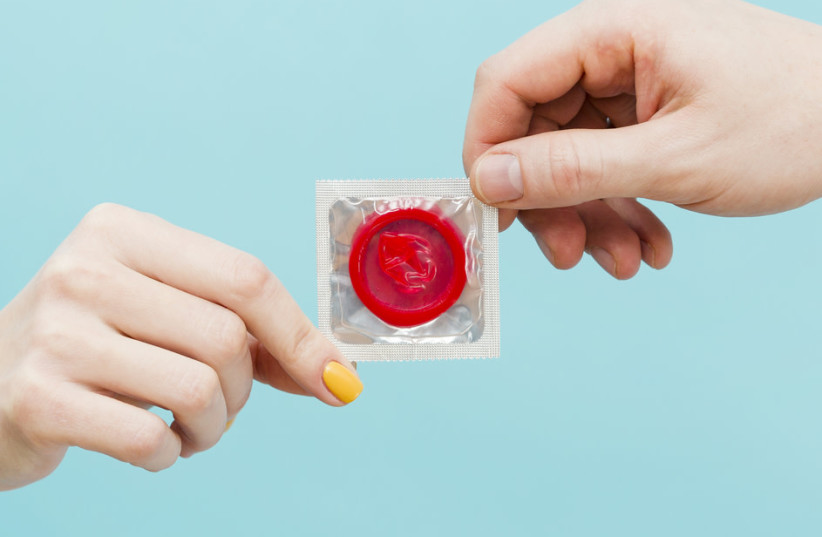Young people are using condoms less and less, and the result is an increase in the incidence of sexually transmitted diseases (STDs). A new study reveals that since the introduction of the drug PrEP to prevent HIV, there has been a significant drop in the use of condoms among gay and bisexual men. The result: increasing resistance to sexually transmitted diseases, for some of which, experts fear, antibiotics will soon no longer be sufficient.
A new study published this week in the journal Aids and Behavior indicated a decline in the last decade in the use of condoms among American gay and bisexual men. Experts commenting on the findings said that condom use is also declining among straight men, which has contributed to the significant increase in sexually transmitted infections (STIs) other than HIV.
According to estimates, around 40 million people worldwide are living with the HIV virus today. It has been 10 years since the PrEP antiviral drug significantly reduced the rates of infection with the virus. At the same time, however, the new treatment led to a drop in the use of condoms. The AIDS rates have indeed decreased, but on the other hand there has been a significant increase in the rate of other sexually transmitted diseases, including papilloma, herpes, chlamydia, gonorrhea, and syphilis.
The new study conducted on behalf of the University of Washington examined responses to a large online health survey of gay and bisexual men and youths from 2014 to 2019. The findings showed that at the end of the study period, only 17% reported using condoms consistently. About 50% of the respondents answered that they use condoms irregularly.
A survey conducted in Israel in 2021 by the Association for the Prevention of AIDS found that 50% of respondents who do not take PrEP testified that they do not regularly use a condom. Additional surveys by a leading condom company conducted around the world revealed that over 50% of the respondents admitted that they had had unprotected sex, and over a third of the men admitted that they would rather have unprotected sex and risk contracting an STD than not have sex at all.

The increase in the rate of infection with STDs following the reduction in condom use is observed not only throughout the US and Europe, but also here in Israel: a summary of the Health Ministry's data for 2023 reveals a 30% increase in the rate of people infected with syphilis: from 610 cases during 2022 to 801 cases during The year 2023. For the sake of comparison, in 2017, even before the era of the AIDS prevention drug, the number of cases of syphilis in Israel was 323. A significant increase in recent years has also been observed in other sexually transmitted diseases.
"People get an explanation that PrEP prevents AIDS, but those who take the drug usually don't use a condom," says Prof. Bibiana Hazan, head of the Infectious Diseases Unit at Emek Medical Center, Afula. "We also see in Israel a significant rise in chlamydia, gonorrhea, and syphilis.
"In some diseases, there can be severe damages that only appear a long time after infection. Syphilis, for example, can go unnoticed and after a year it can harm a fetus or cause irreversible damage to the nervous system. We remind you again how important it is to have responsible sex and to be careful, and in the case of multiple partners to check blood, urine, and to do a swab test."
What are signs of venereal disease?
- Burning when urinating
- Discharge and bleeding from the penis or vagina
- Abdominal and pelvic pain
- Rashes and lesions on the skin
- Swelling and pain in the testicles for men
- Pain during intercourse
